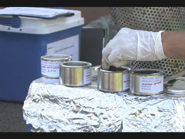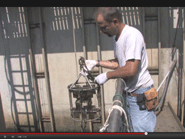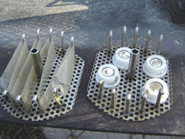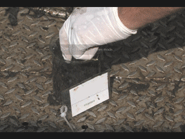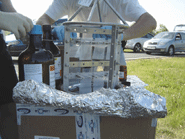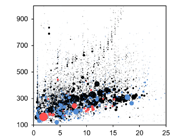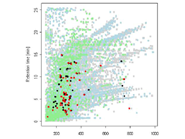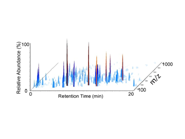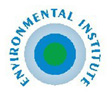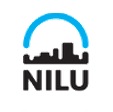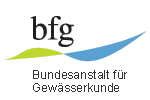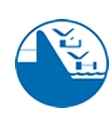You are here
Workshop on Methodologies for prioritising hazardous chemicals in European waters
Methodologies for prioritising hazardous chemicals in European waters: the state of play and the need for improvement
24-25 June 2014, Paris, France
Our highly technological society relies on an increasing number of chemicals, every one of which may result in a large number of transformation products. In this highly complex chemosphere the identification of the substances that pose the greatest threat to ecosystems and human health is vital.
Two serious limitations are identified in current prioritisation methodologies:
- the focus on well-known and intensively studied contaminants means a high risk of overlooking emerging pollutants for which data on exposure and effects are lacking;
- individual pollutants are assessed as if they occur in isolation, whereas they are part of complex, multi-constituent mixtures.
This workshop, organised by the SOLUTIONS FP7 EU-funded project (http://solutions-project.eu/), in collaboration with the NORMAN network, the final aim of this workshop was: i) assess the current state of prioritisation methodologies, ii) identify the current gaps and barriers and iii) make recommendations for further development and improved integration of innovative approaches in user-friendly decision-support tools to define priority actions for research and risk management.
Paris workshop a great success
More than 60 experts in a wide variety of fields – including biology, ecotoxicology and analytical chemistry – from across Europe and North America enjoyed a very fruitful couple of days at the workshop held on 24–25 June in the delightful surroundings of the Cité Universitaire, Paris. The workshop, entitled Methodologies for Prioritising Hazardous Chemicals in European Waters: the State of Play and the Need for Improvement, was organised jointly by the NORMAN network and the FP7 EU-funded SOLUTIONS project.
The participants engaged in very active discussion of what works – and what doesn’t work today – in the prioritisation of hazardous contaminants. They explored more effective ways to identify the contaminants of greatest concern for our aquatic ecosystems and their effects on human health via the environment so that action plans and research can be drawn up for dealing with them.
The outcomes of the workshop will form the basis of a Position Paper addressed to stakeholders.
WORKSHOP PROGRAMME AND PRESENTATIONS
